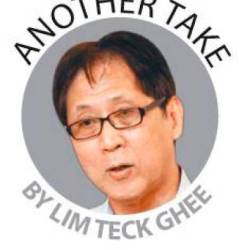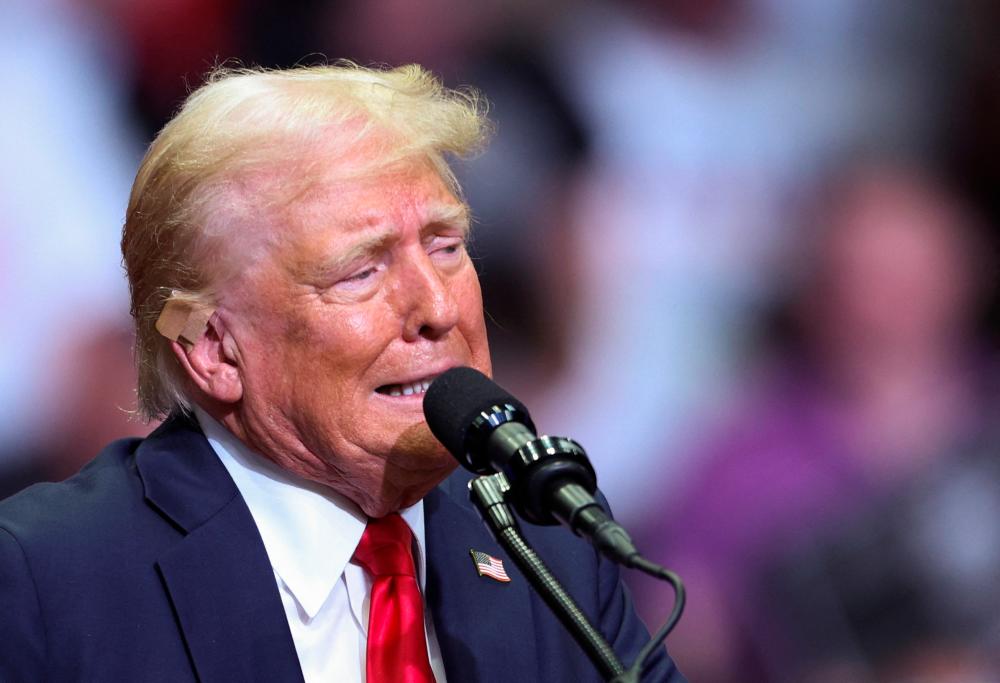WESTERN media went to town following North Atlantic Treaty Organisation’s (Nato) summit meeting in Washington DC, marking the organisation’s 75th anniversary when it released a communique accusing China of being a “decisive enabler” of Russia’s war in Ukraine.
According to Nato Secretary-General Jens Stolengerg, this was “the strongest message Nato allies have ever sent on China’s contributions to Russia’s illegal war against Ukraine”.
No evidence was provided of any Chinese weapons or military assistance provided to Russia to back up this accusation. Neither were details provided of how China’s exports to Russia may be considered to be “illegal” or different from the rest of the world.
Significantly, this accusation on July 15 came after Indian Prime Minister Narendra Modi’s visit to Russia on July 8 and 9, in which he called Vladimir Putin his “dear friend”, engaged in a much publicised bear hug, enthused that “every Indian considers Russia to be India’s friend in good and bad times”, and told the world that “the commitment of our relationship has been tested multiple times and its has emerged very strong each time”.
It is no secret that Russia has been India’s largest weapons provider for decades and that Russia’s ability to continue the war in Ukraine has in a large part been due to the reluctance of many countries to participate in the West’s economic sanctions against Russia.
Russia’s imports from India currently include electronic, engineering, industrial and other products that fall into the dual use category of supplies that China has been accused of being a villain. However Nato is oblivious of or is unable to join the dots on this.
Nato’s imagined and other enemies
The Nato communique predictably drew a sharp response from China.
“On the Ukraine crisis, Nato hyped up China’s responsibility. It makes no sense and comes with malicious intent,” Chinese foreign ministry spokesperson Lin Jian told a press briefing.
“We urge Nato to reflect on the root cause of the crisis and what it has done, and take concrete action to de-escalate rather than shift blame.”
Others less charitable would have gone further to point out that Nato may be considered to be the first and continuing “enabler” as well as catalyst of the war in Ukraine.
They would have also reminded Nato of its guilty hands in conflicts and wars not only in Europe but also around the world, including in Afghanistan, Libya and Iraq.
In the appalling and tragic Ukraine bloodshed, it is necessary to note that a key causative factor was Nato’s efforts at further undermining Russia after the breakup of the Soviet Union, and its promotion of issues and incursion into territory regarded by Russian leaders as critical to Russia’s security and interests.
The undeniable fact is that Russian leaders and some Western policy experts warned more than two decades ago that Nato expansion would produce a new cold war with Russia at best, and a hot one at worst.
According to a report by Cato Institute – a US libertarian think tank organisation, which cannot be considered a supporter of Putin in any way – George Kennan, the intellectual architect of America’s containment policy during the Cold War, had warned in a May 2, 1998 New York Times interview what Nato’s move eastward would set in motion.
“I think it is the beginning of a new cold war,” he stated. “I think the Russians will gradually react quite adversely and it will affect their policies.” (“The US and Nato Helped Trigger the Ukraine War. It’s Not ‘Siding With Putin’ to Admit It” – https://www.cato.org/ commentary/us-nato-helped-trigger-ukraine-war-its-not-siding-putin-admit-it.)
Turning point in history?
Although Nato is bent on a continuation of the war in Ukraine and even to expanding it beyond Europe to take on what some observers describe as an “imagined China enemy” by its provocative moves in the Indo-Pacific and Asian regions, it may well be that it will be in conflict with Trump who wants to go down in history as the peacemaker in the war between Ukraine and Russia.
Trump on several occasions has boasted that he can end the war in one day after he becomes president. Now that his win in the November presidential election is inevitable, it is not only Europe but the rest of the world which will be watching to see whether he will be able to live up to his word and mediate to realise the elusive peace agreement.
The leadership of Nato is probably having nightmares with the prospect of Trump’s imminent election and what it may mean for Ukraine and Nato. They are fully aware that Trump has disparagingly called Ukraine President Volodymyr Zelenskyy “the greatest salesman of all time” for his efforts to secure billions of dollars in military, economic and humanitarian aid from Washington.
They will also be fearful that Trump’s administration – in contrast to Joe Biden’s – may see an erosion of American support for Nato and its war mongering activities. If so, Trump may well become Nato’s biggest enemy to take down.
Should Trump succeed in bringing peace to Ukraine and Russia, he may well be turning a page in history which will see the decline and ultimate demise of legacy cold war military alliances such as Nato.
Lim Teck Ghee’s Another Take is aimed at demystifying social orthodoxy. Comments: letters@thesundaily.com










